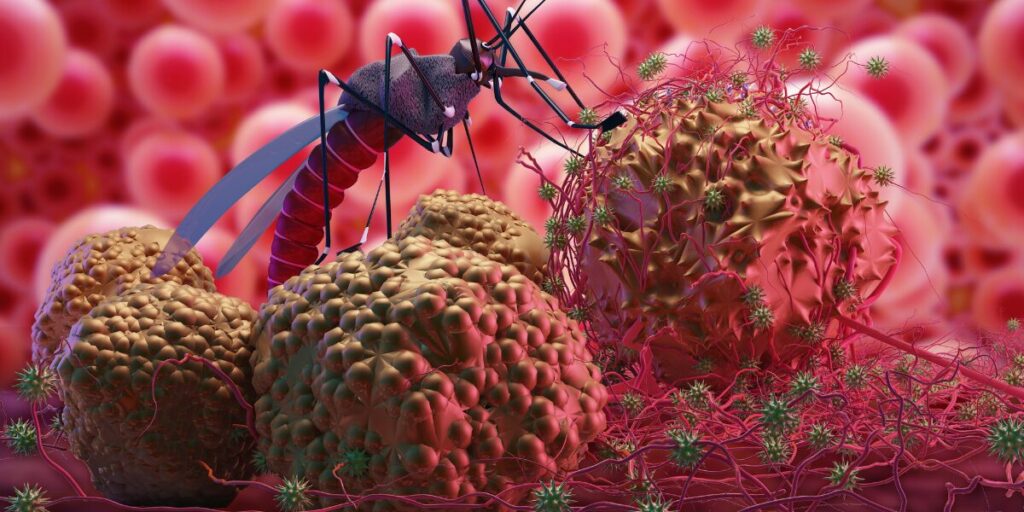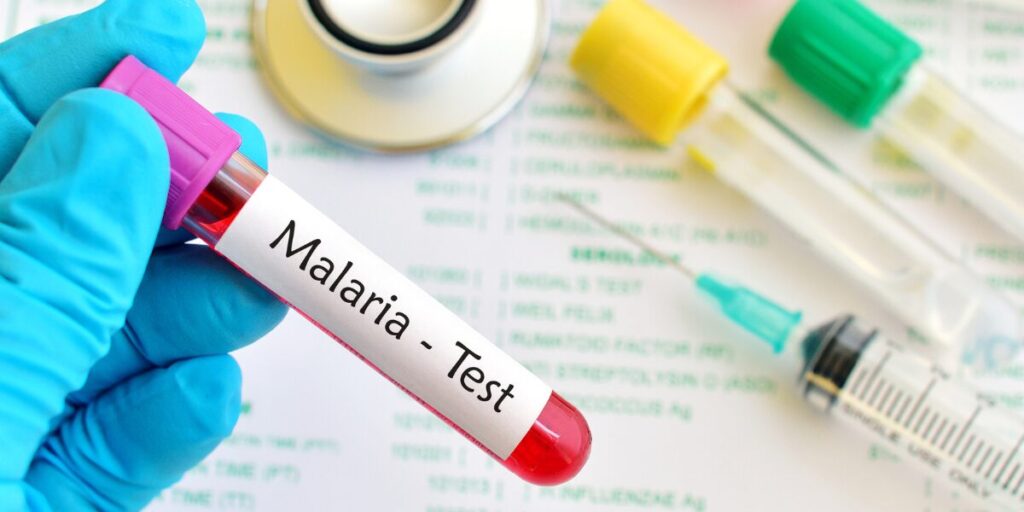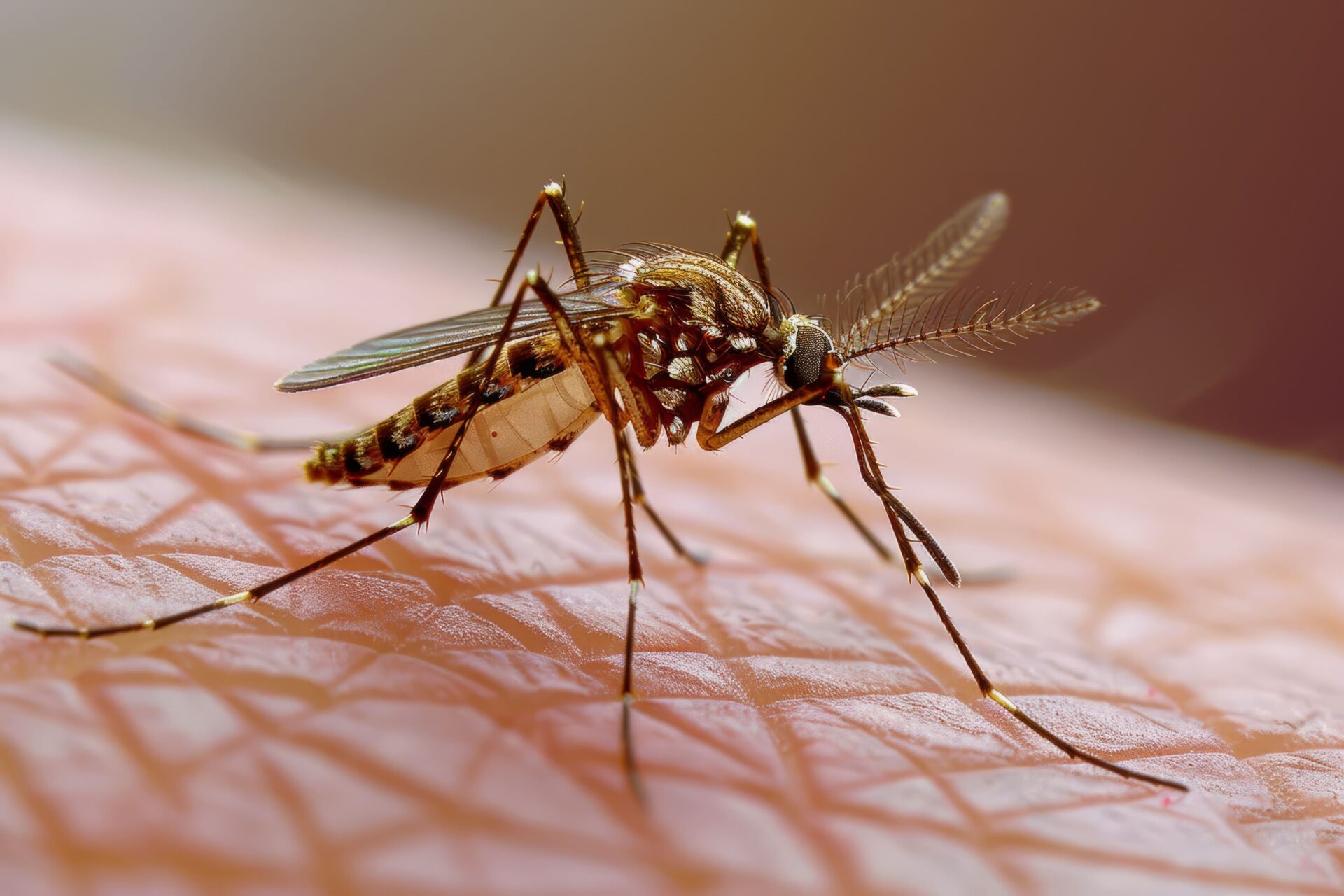Monsoon is one of the most pleasant and loved seasons by people all over the world but. In this blog we cover How is Malaria Transmitted in rainy season.
It’s true in the monsoon season, you get to eat your favourite fruits and enjoy the weather, but it also brings a disease with itself, and that’s Malaria.
The story does not end here only; when the season changes, everyone feels sick once in a while. And with the case of monsoon season the major symptoms of falling sick are headache, fever, vomiting, and more.
On the other hand, Malaria also has similar symptoms. That makes everything very confusing, and more & more people fell for malaria. Because they are unable to catch the symptoms and know how is malaria transmitted.
If you are also stuck in the same situation, then you are at the right place. In this blog, we are going to discuss everything about malaria, from its symptoms, how is malaria transmitted, and prevention & treatment methods as well. But before moving forward, let’s first understand what is malaria.
If you want to read more blog Discover How Tuberculosis Spreads: Essential Facts
What is Malaria?
Most people think that in monsoon season if any mosquito bites you, you will get infected with malaria. But that’s not the case because malaria is caused by one type of mosquito (Anopheles Mosquito) that is infected with small parasites.
Generally, it is said that when an infected mosquito bites you, it spreads the parasites and sends them to your body, leading to malaria.
Malaria is not just a regular health issue; if you are unable to treat it properly, then it can lead to serious problems such as seizures, breathing difficulty, brain damage, and organ failure.
The story of malaria infection does not end here; if a normal mosquito bites a malaria patient, then it can transmit malaria to the next person the mosquito bites.
This was a little overview of what malaria is; let’s discuss how is malaria transmitted.
How is Malaria Transmitted?
It has been noticed that malaria is a high-grade fever that is usually transmitted by female anopheline mosquitos. Generally, there are two conditions within which the malaria disease is transmitted. Let’s take a look at both the conditions:

Condition 1: Malaria Transmission from Parasites Infected Mosquitos –
If there’s a mosquito that is infected by parasites, and it bites a person, then the parasite gets transmitted into that person’s body which leads to malaria.
Condition 2: Malaria Transmission from a Malaria Patient –
Just imagine there is a malaria-infected patient who is undergoing treatment; if a normal mosquito bites that malaria-infected patient, then the mosquito gets turned into a malaria mosquito, and now it can also transmit malaria to other people by biting them.
Whenever a malaria mosquito bites a person, the parasites get into the red blood cells of the person and this leads to all the health issues.

It has been noticed that there are no specific medications for malaria; only the person would have to fulfill their nutritional values so that those nutrients can fight malaria or the parasites in the red blood cells.
Signs & Symptoms of Malaria
The biggest issue with Malaria is its signs and symptoms linked with other health issues as well. Because of this, it creates confusion around the people, if they are struggling with malaria or some other disease.
To clear this confusion, here’s a complete guide to signs and symptoms of malaria that will help you understand if you are someone around you facing this issue or not.
Continuous Fever:
The first and most common symptom of malaria is regular fever. Initially, the fever you’ll face would be mild, but later on, it can get harsh if not treated properly.
Here’s a way you can figure out if you are facing normal fever or fever caused by malaria. Firstly, check the intensity of your fever; if initially, the intensity of your fever was high and later started getting normal, then you are having a normal fever.
But if you are facing a fever that was mild initially and now the fever has increased, then this might be a fever caused by malaria.
Body & Muscle Pain:
The second symptom of malaria is when you are having a lot of body and muscle pain. Generally, it is noticed that if you do some physical activity, then your body or muscle pain takes place. Still, if you are able to face the same issue without doing anything, then this could be a sign of malaria.
In such a situation, you should get in contact with your doctor as early as possible. When some patients get diagnosed with malaria, they think about how is malaria transmitted to them and how they were not able to notice it happening. Well, in such a situation, they might not be aware of the symptoms of malaria to take any further steps.

Infection:
It has been noticed that there will be no severe infections in the body or organs. However, there is a high chance of having a mild illness.
Combined Symptoms:
There will be some patients who may face all the above-mentioned symptoms, and this situation is called the combined symptom situation.
We can also say that this situation is a bit more critical than normal malaria. In such a condition, you should get in touch with your doctor for medication.
Sweating:
We all know that whenever a mosquito with malaria bites us, it releases parasites in our red blood cells. And these red blood cells move to our heart and other organs.
These parasite-filled red blood cells affect our heart and this leads to severe sweating and other such symptoms of heart failure.
Seizures:
This is a critical situation that usually takes place when someone has not taken proper care of their malaria issue. In such a situation, the red blood cells get contaminated with parasites of malaria, and it reduces the flow of oxygen toward the brain, which leads to seizures and other serious health issue.
No matter how small or big the symptoms you have of malaria, make sure that you are getting proper treatment for the same, as malaria is not a regular fever.
Kidney & Heart Failure:
We have already discussed previously that our red blood cells get filled with parasites and this disturbs the organs in our body. Hence, if we are not taking proper nutrition and multi-vitamins, then it can also lead to kidney and heart failure.
Breathing Problems:
Another serious symptom of malaria is breathing problems; if you are also facing breathing issues while facing malaria, then you have reached a serious level of this health issue.
This was all about the signs and symptoms of malaria, and it’s time to know about how to get rid of malaria by learning a few treatment and prevention methods.
Treatment Methods for Malaria
There are a number of drug-based treatment methods that are specifically used for killing the parasites transmitted inside the body through the malaria mosquito. Some of those drugs based treatments are as follows:
Chloroquine Phosphate:
This is the first type of malaria medication that was created for treating this health issue. Initially, it was noticed that chloroquine was able to kill the parasite transmitted due to malaria.
But right now, it has been seen that this drug is of no use, and now it’s unable to kill those parasites in our bodies.
Artemisinin-based Combination Therapies (ACTs):
The current and most used drug-based treatment method for malaria is artemisinin-based combination therapies (ACTs), which combine one or more drugs that are combined and help in treating malaria effectively.
Conclusion
Malaria is one of the deadliest health issues, and a lot of people from all over the world lose their lives because of this issue.
The biggest reason behind it is unawareness, and with the help of this blog, you can improve your awareness about malaria and prevent yourself from catching this disease.


1 thought on “How is Malaria Transmitted From Mosquitoes to Humans and Its Symptoms”